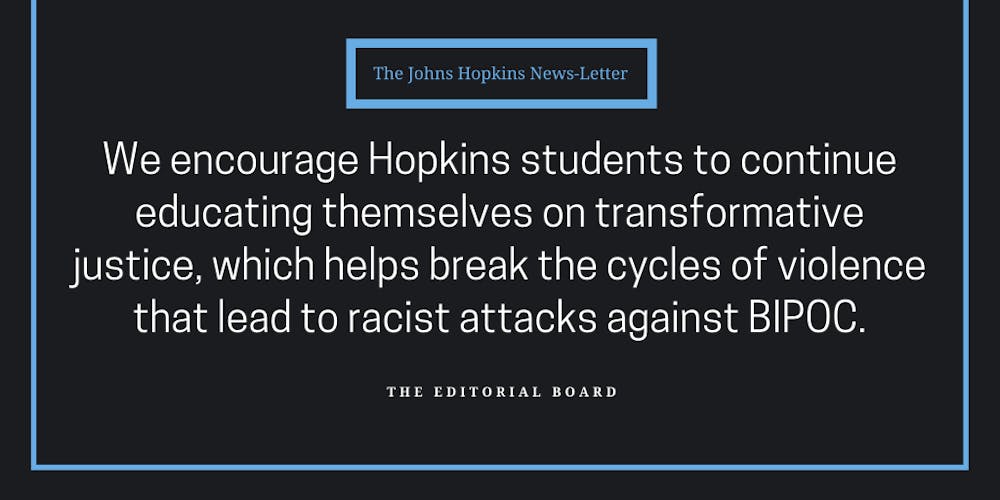Last Saturday, the Northwestern University Community Not Cops (NUCNC) held a protest against the university’s police force. Within 10 minutes, 150 student protesters were threatened with chemical munition by the Evanston Police Department and met with riot shields and batons by Northern Illinois Police Alarm System officers.
When NUCNC members were pepper-sprayed by police at a different protest last fall, the Northwestern administration stood with the police instead of the students, condemning the protesters. These events garnered widespread media coverage, yet the only source reporting on the recent protest is still The Daily Northwestern. We stand in solidarity with NUCNC protesters and denounce their mistreatment by university leadership and the police.
Unfortunately, Northwestern is not the only school where students have been protesting university police and unethical leadership. In January, students at Columbia University held a tuition strike to oppose their university’s relationship with the New York Police Department. Likewise, students at University of Chicago protested their campus police force last June.
We can’t help but reflect on recent student protests at Hopkins. In April 2019, students and community members organized a sit-in at Garland Hall to protest the proposed Johns Hopkins Police Department (JHPD). Over a month later, the Baltimore Police Department arrested seven members of the Sit-In, four of whom were students. After the University decided to merely postpone the implementation of the JHPD, the Coalition Against Policing by Hopkins (CAPH) held demonstrations in June and August, calling on Hopkins to cancel the private police force.
With the recent hearing of House Bill 336 in the Maryland General Assembly, there is a chance to prohibit the creation of the JHPD, as well as ban all private universities in Maryland from establishing their own police forces. If the bill passes, it is a step in the right direction. We commend the efforts of the students, staff, faculty and community members who have worked to get us to this stage.
Following protests this past summer, the Hopkins community has shown that it wants to promote transformative justice, a practice rooted in abolition that seeks alternatives to policing. In February, the Black Student Union and Black Student Athlete Association held a panel discussion on students’ role in transformative justice at Hopkins. And on Tuesday, the Sexual Assault Resource Unit hosted a webinar on concepts of transformative justice. We hope that these events are first steps in bringing radical change to our campus.
We encourage Hopkins students to continue educating themselves on transformative justice, which helps break the cycles of violence that lead to racist attacks against BIPOC. Just two days ago, eight people in Atlanta, six of them Asian American women, were killed, with hate crimes against the Asian American Pacific Islander community rising nationwide. Transformative justice has the potential to unify and strengthen communities in order to heal from and prevent racial trauma. Like the protesters at Northwestern and at college campuses across the country, we must continue to fight against racist policing and violence.





